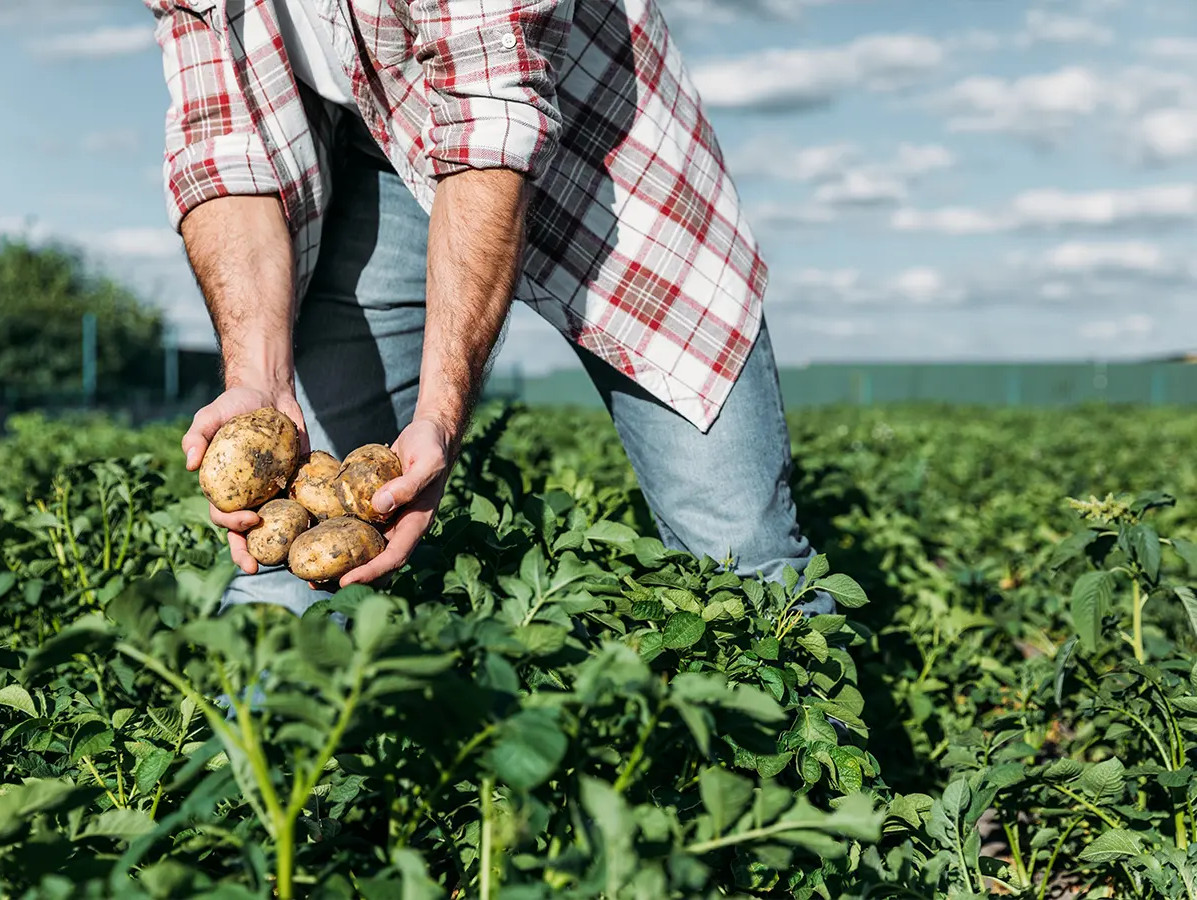
How can seed potatoes deliver their maximum potential? Researchers in the Netherlands have taken a notable step towards answering this question. By combining artificial intelligence (AI) with microbiological research, they have developed a system that predicts potato growth potential based on microbes and drone imagery. The study, led by biologists from Utrecht University and TU Delft, sheds new light on the complex interaction between potato plants and their microbial environment.
While potato fields often consist of genetically identical plants, yields can vary dramatically. Researchers found that these differences are largely influenced by the composition of bacteria and fungi present on the seed potatoes. “We are at the beginning of a new technology to improve agriculture with microbiology and AI,” says biologist Roeland Berendsen. The study reveals that certain bacteria, such as Streptomyces, enhance growth, whereas other species have a suppressive effect.
The team analyzed thousands of seed potato samples from 240 test fields. These data were combined with drone images captured from the same fields later in the season. The result is an AI system that accurately predicts growth potential. “This generated an enormous amount of data,” explains researcher Yang Song. The insights not only promise higher yields but also a reduction in the use of pesticides.
The researchers see potential in applying this method to crops beyond potatoes. By strategically utilizing microbes, agriculture could become more resilient, efficient, and sustainable. The findings, published in Nature Microbiology, mark an important step towards future-proof farming.
Source: Universiteit Utrecht